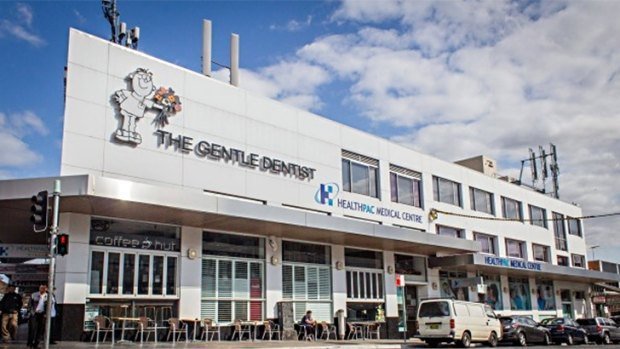Blood-Borne Virus Alert: Thousands of Dental Patients at Risk of HIV and Hepatitis Due to Shocking Hygiene Breaches at Sydney Clinic
- Patients of Mortdale dentist Safuan Hasic, also known as Steven Hasic, urged to get tested for blood-borne viruses including HIV and hepatitis B and C
- Mr Hasic’s clinic has been shut down and his registration suspended after breaching infection control standards
- No patients have been diagnosed with blood-borne viruses yet, but symptoms may take years to appear
Dental patients in southern Sydney are reeling in shock after being told they may have been exposed to blood-borne viruses, including HIV, due to poor cleaning and inadequate sterilisation of equipment at a Mortdale clinic.
Safuan Hasic, also known as Steven Hasic, has been barred from practising after a damning inspection revealed a string of hygiene breaches at his 70 Victoria Avenue clinic. Thousands of former and current patients are now at risk of contracting serious viruses such as hepatitis B, hepatitis C, and HIV.
In a desperate bid to clear his name, Mr Hasic, who has been a dentist for over 30 years, claimed the allegations were a “gross injustice” and that no patients had ever contracted blood-borne viruses from his practice. “I absolutely reject these claims,” he said. “It’s only because bureaucracy is risk-averse.”
However, authorities from the South Eastern Sydney Local Health District Public Health Unit paint a very different picture. Director Vicky Sheppeard described the risk to patients as “low” but warned that officers had identified clear hygiene breaches during an audit of Mr Hasic’s practice. “Instruments that were ready to be used on other patients appeared to be dirty and were lying in places in the dental room where there could be contamination from other patients,” she said.

Dr Sheppeard issued a stark warning to patients, saying that even if symptoms don’t appear for years, it’s crucial to get tested for blood-borne viruses. “People who are infected with blood-borne viruses may not show symptoms for years, so it’s important to be tested to see if there is a silent infection,” she said.
Patients who visited Mr Hasic are now being urged to get tested by their GP, with authorities estimating that the number of patients exposed could be “in the several thousands”. A small number of patients have been identified, but a large proportion remain unknown due to poor record-keeping.

